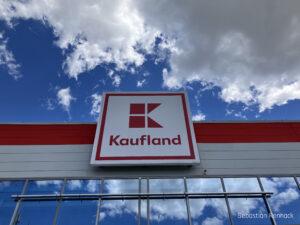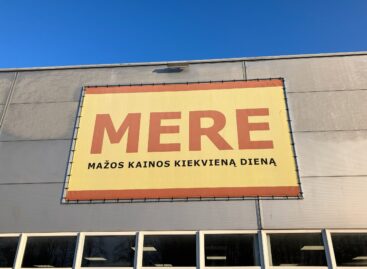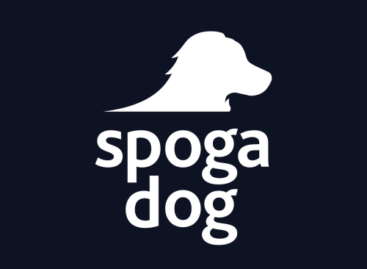Kaufland strengthens its market position in Germany
Kaufland in Germany extends its lead in the hypermarket channel with the acquisition of five Globus hypermarkets. Despite its leading position in the hypermarket channel, the retailer is under pressure. Price wars between discounters and supermarkets are putting pressure on all market players.

Kaufland steadily expands its footprint in Germany
Superstore operator Kaufland is strengthening its position in the German market. Hypermarket competitor Globus announced that it has reached an agreement to sell five Globus hypermarkets across Germany to Kaufland. The deal still has to be approved by the Federal Cartel Office and the landlords of the respective sites. Globus justifies the decision with the ‘lack of economic efficiency’ of the stores concerned.
Last year, Kaufland increased its net sales in Germany by an estimated 6.6% to 21 billion euros. At the turn of the year, the store portfolio comprised more than 770 locations, including 100 Real hypermarkets acquired in the course of the divestment from Metro AG. A further 20 Real stores could be added to the network by next year.
Despite its dominance in the distribution channel, Kaufland has to find ways to grow profitably in its domestic market, which is characterized by price wars between discounters and large supermarkets. From the beginning of next year, Kaufland will join the Agecore buying alliance. Current members include Colruyt (Belgium), Coop (Switzerland), Conad (Italy) and Eroski (Spain). The move is designed to increase the retailer’s efficiency in the international brand business.
Concentration in German food retailing is high. According to NIQ Tradedimensions, the four largest food retailers in Germany, Edeka Group, Rewe Group, Schwarz Group (consisting of Kaufland and Lidl) and the two Aldis, combined 76% of FMCG sales in 2023. Kaufland’s share in this is less than 9 percentage points.
Globus is several times smaller than its competitor from the Schwarz group. Last year (end of June 2023), Globus generated estimated net sales of €6.5bn, an increase of 10.6%, partly due to the acquisition of 16 former Real hypermarkets. With a store network of 65 large-area hypermarkets, Globus ranked 8th in the German FMCG retail sector last year. With an average selling space of more than 10,000 sqm, Globus feels the increased cost pressure, especially for energy and personnel, more strongly than Kaufland, whose stores are mostly between 4,000 and 5,000 sqm.
New openings in the hypermarket channel are characterized by significantly smaller stores than in the past. Market research shows that the number of superstores with a selling space of between 2,500 and 5,000 sqm has increased by 140 in Germany since 2021. At the same time, the number of hypermarkets of more than 5,000 sqm has fallen by 75.
Related news
Mere in Lithuania: Rapid growth and a hard discount niche left open by Lidl
🎧 Hallgasd a cikket: Lejátszás Szünet Folytatás Leállítás Nyelv: Auto…
Read more >ZEW: Economic expectations worsened in Germany and the euro area in February
🎧 Hallgasd a cikket: Lejátszás Szünet Folytatás Leállítás Nyelv: Auto…
Read more >Related news
The impact of the forint exchange rate on GDP growth
🎧 Hallgasd a cikket: Lejátszás Szünet Folytatás Leállítás Nyelv: Auto…
Read more >








